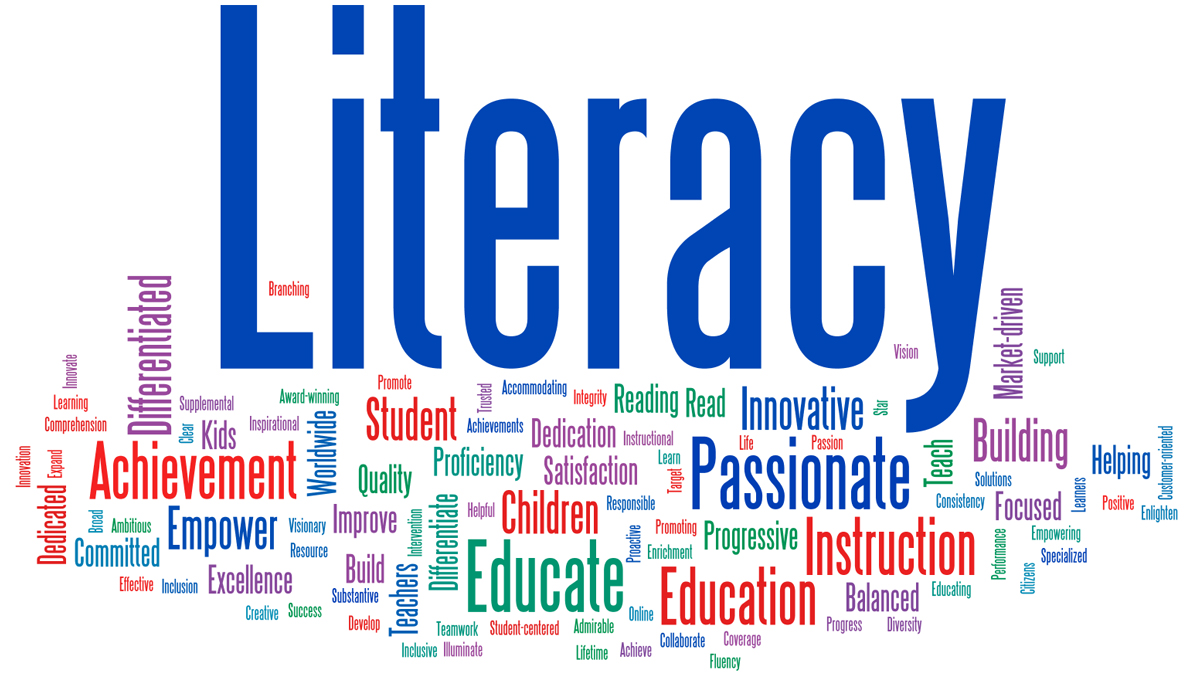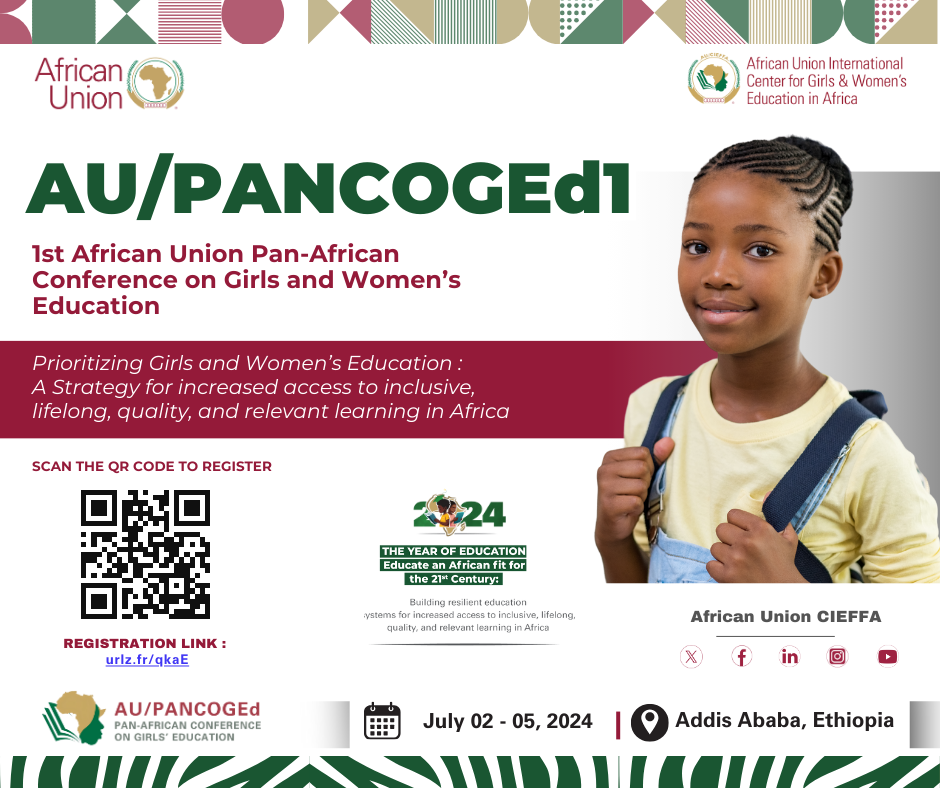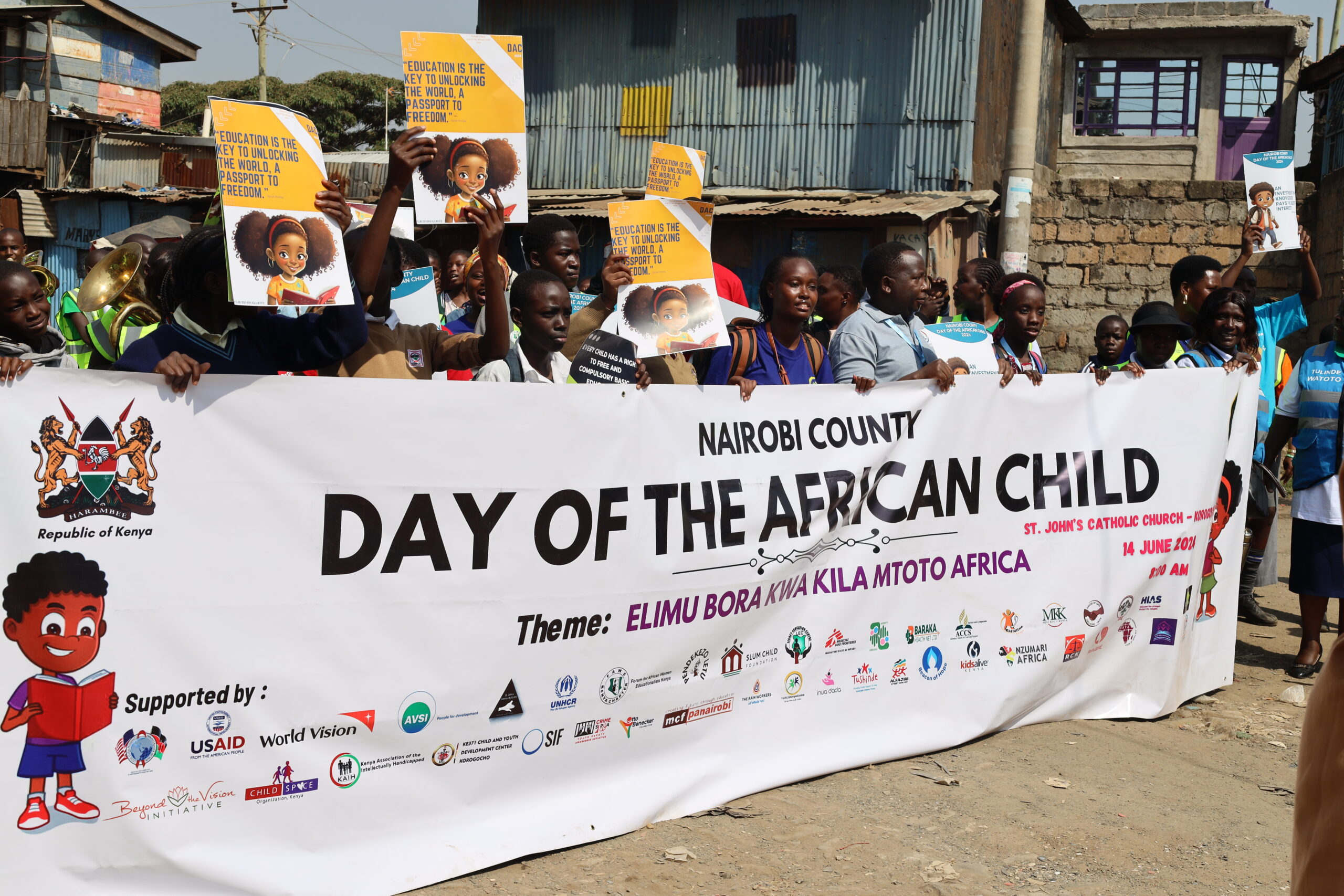If you are reading this, then there must have been a teacher who taught you how to read and write. This teacher could have been your parent, guardian, sibling, community member or even your instructor at school.
In these unprecedented times, teachers have tried their best to ensure that knowledge passing does not come to a complete halt. It is estimated[1] that during the initial phase of the pandemic, schools were closed disrupting the education of 62.3 per cent of the world’s student population of 1.09 billion. In addition to this, adult literacy and education were absent in initial education response plans, therefore many youth and adults with no or low literacy skills have had limited access to life-saving information.
It is through the International Literacy Day[2] (ILD) that the world will get an opportunity to reflect on and discuss how innovative and effective pedagogies and teaching methodologies can be used in youth and adult literacy programmes to face the pandemic and beyond. Through the theme ‘Literacy teaching and learning in the COVID-19 crisis and beyond’, the celebrations seek to highlight literacy learning in a lifelong learning perspective and therefore mainly focus on youth and adults.
On this year’s International Literacy Day, we call upon every individual to not only appreciate the teachers in our lives, past or present, but to also appreciate the crucial role that educators play in promoting quality literacy programmes with a particular focus on youth and adult literacy. In the wake of the global pandemic, we ought to draw key learnings from the world wide initial responses to education in Covid-19 for future benefit.






My students are still learning. As a innovative and creative teacher I am making it happen. I do this in partnership with parents a majority of whom have smartphones.
For my voluntary efforts, I have been nominated for the earth project.
We salute you Esther and congratulations on your nomination. All the best!